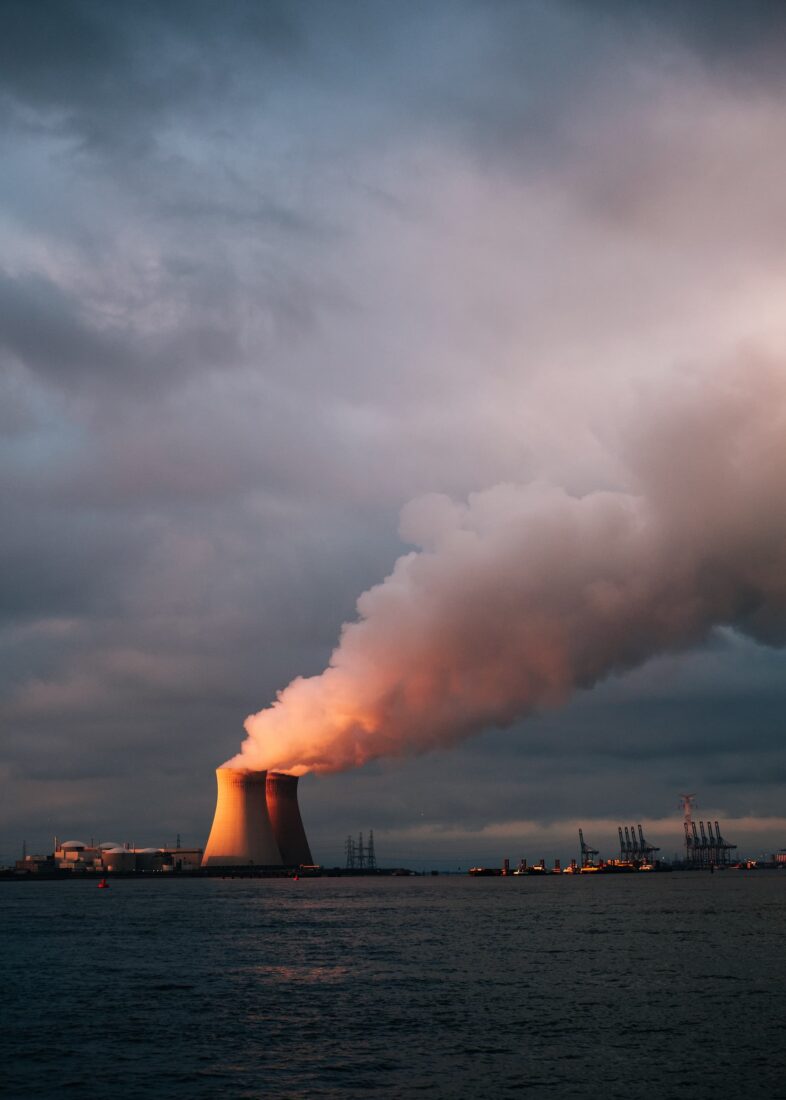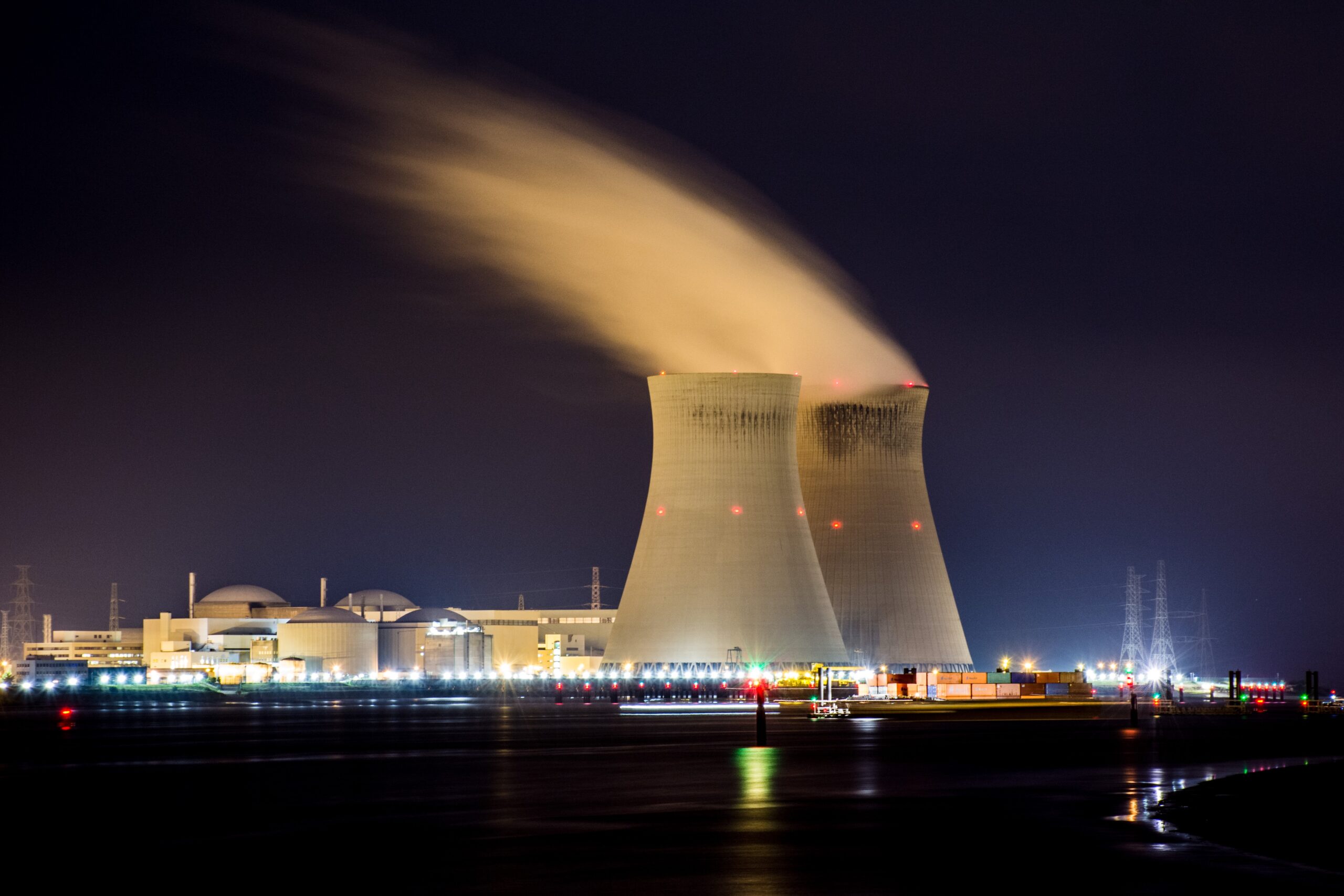Nuclear power plant (NPP) – a station in which the production of electricity (or thermal energy) occurs due to the operation of a nuclear reactor. In 2015, all nuclear power plants in the world produced almost 11% of electricity. During operation, a nuclear reactor transfers energy to the primary coolant. This coolant enters the steam generator, where it heats the water in the secondary circuit. In the steam generator, water is converted into steam, which enters the turbine and drives the electric generators. The steam after the turbine enters the condenser, where it is cooled with water from the reservoir. Mainly water is used as the primary coolant. However, for this purpose, you can also use lead, sodium and other liquid metal coolants. The number of NPP circuits can be different.

